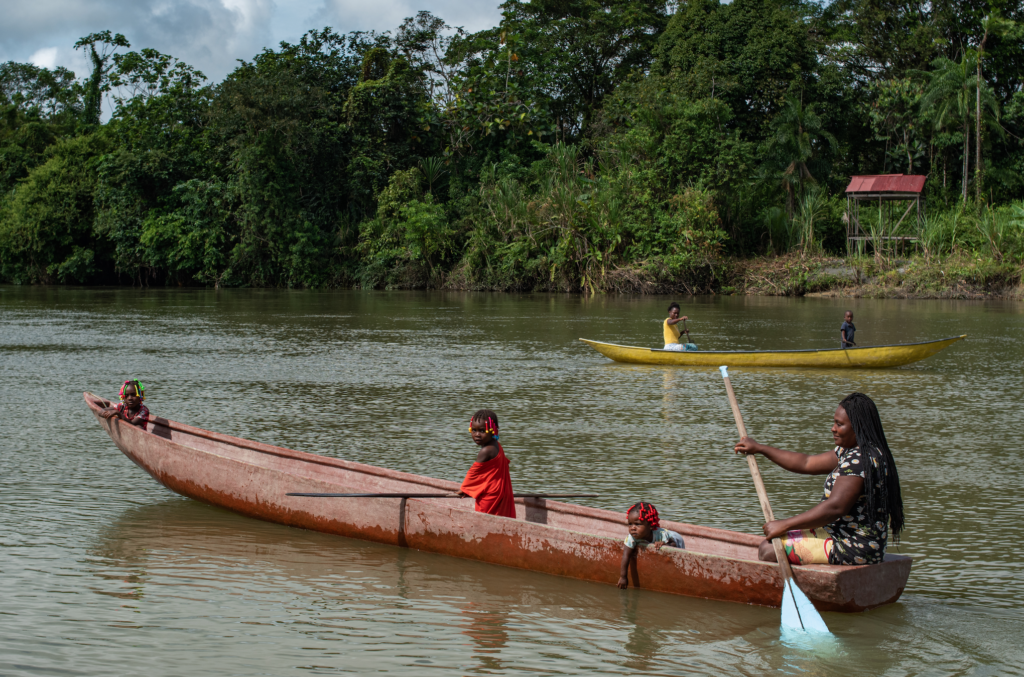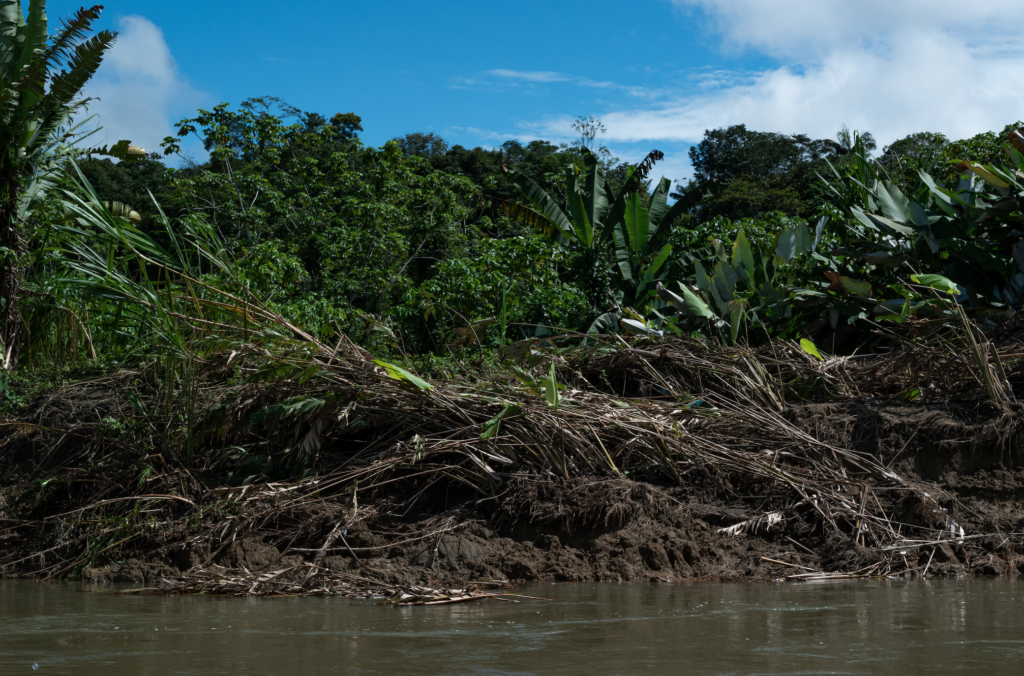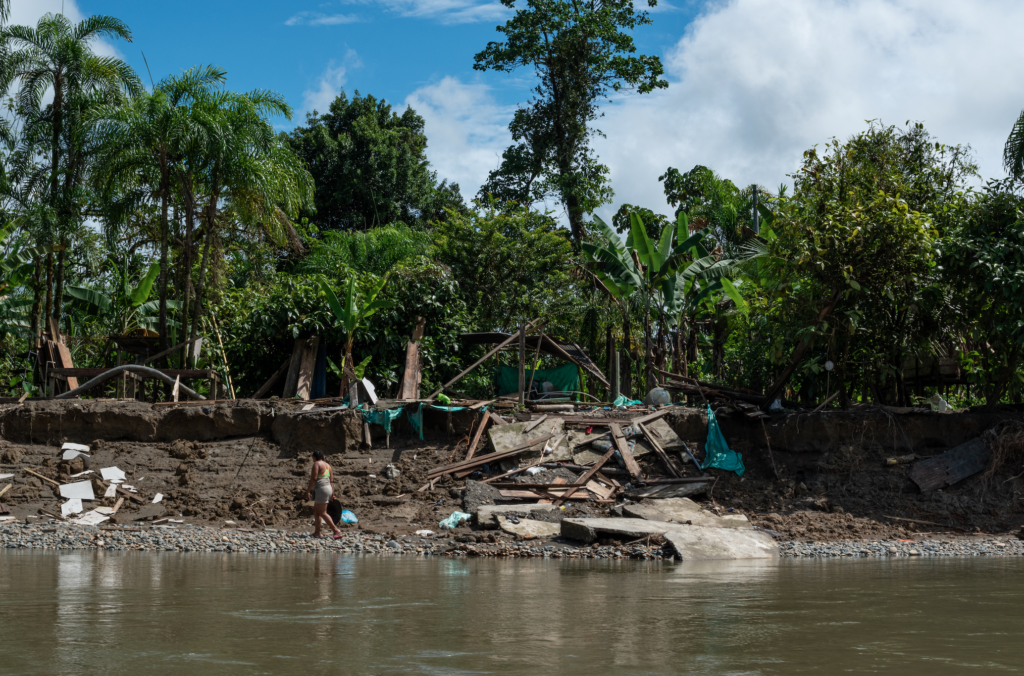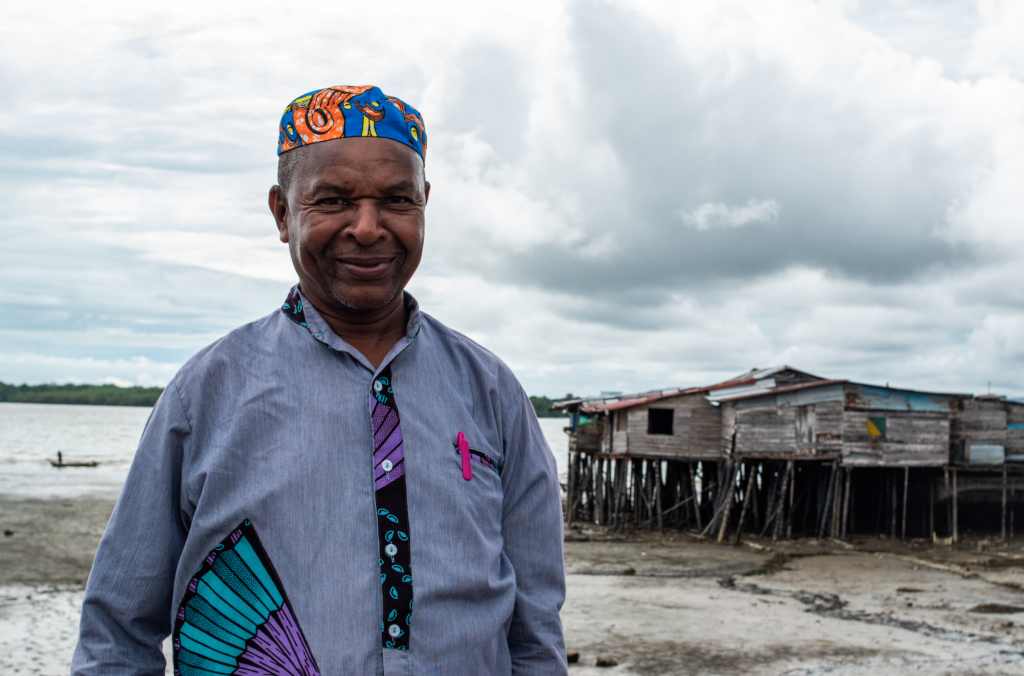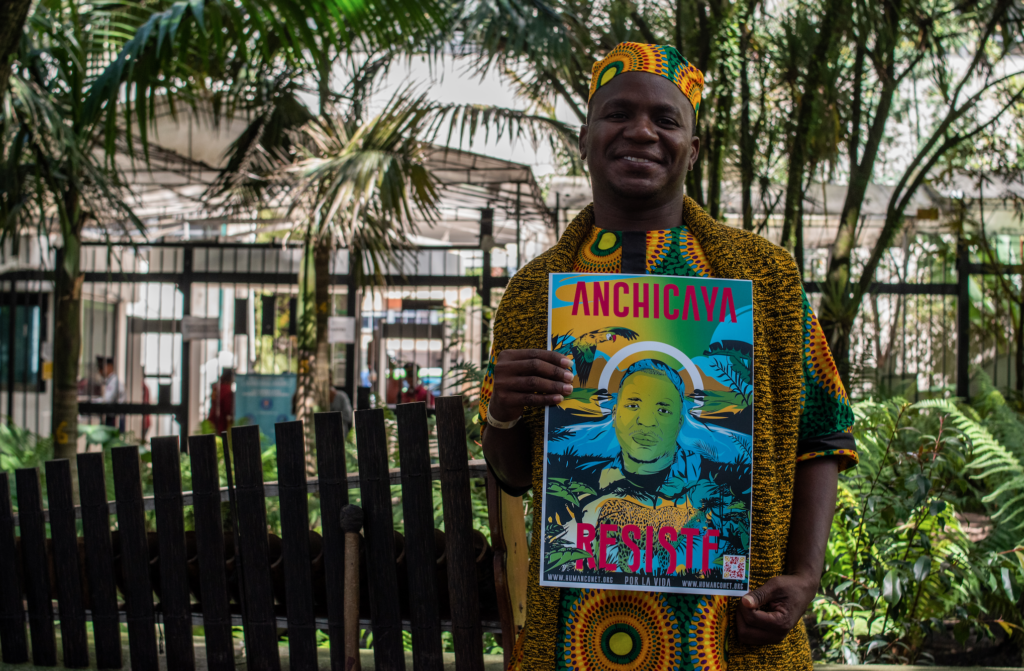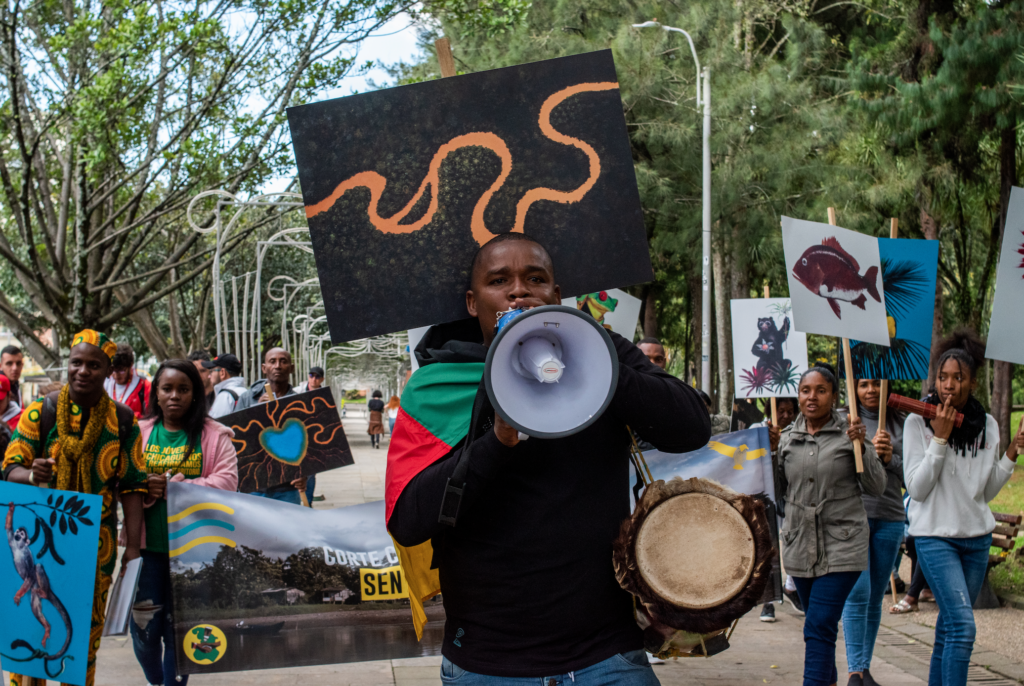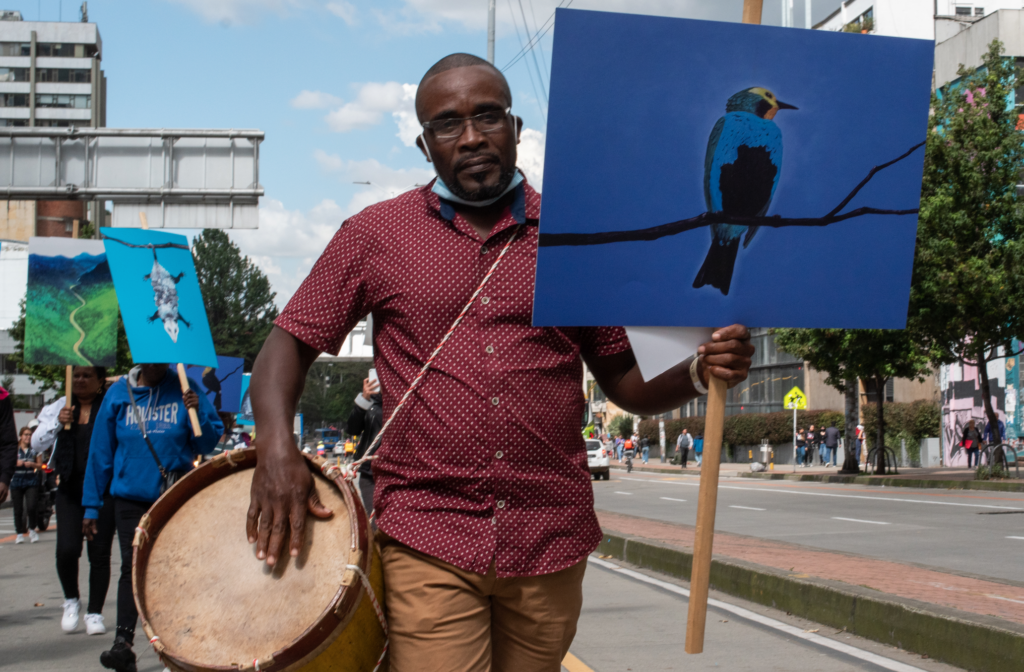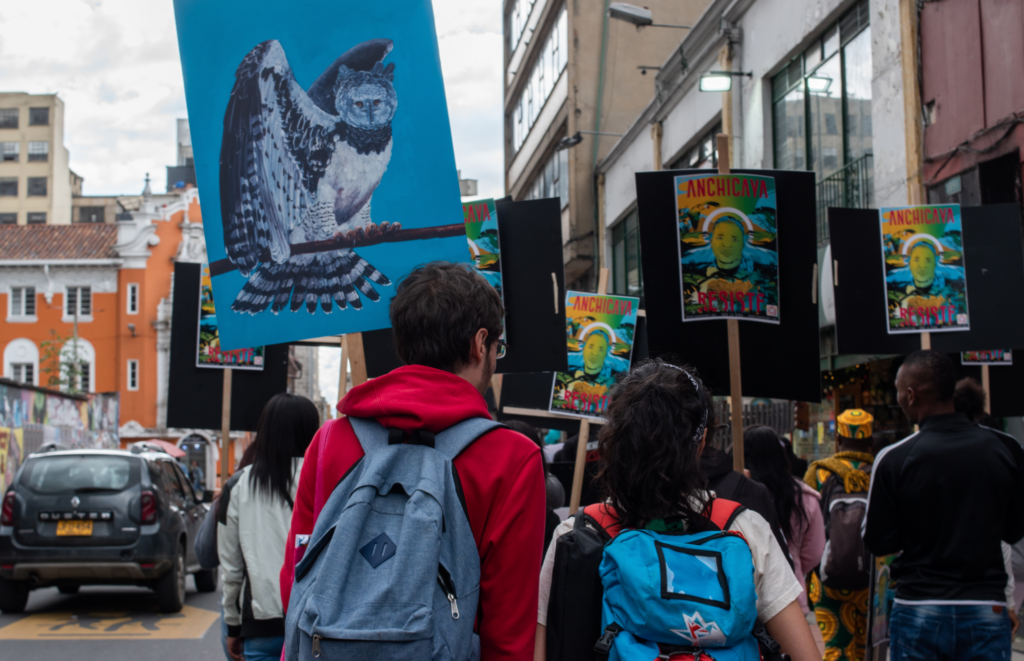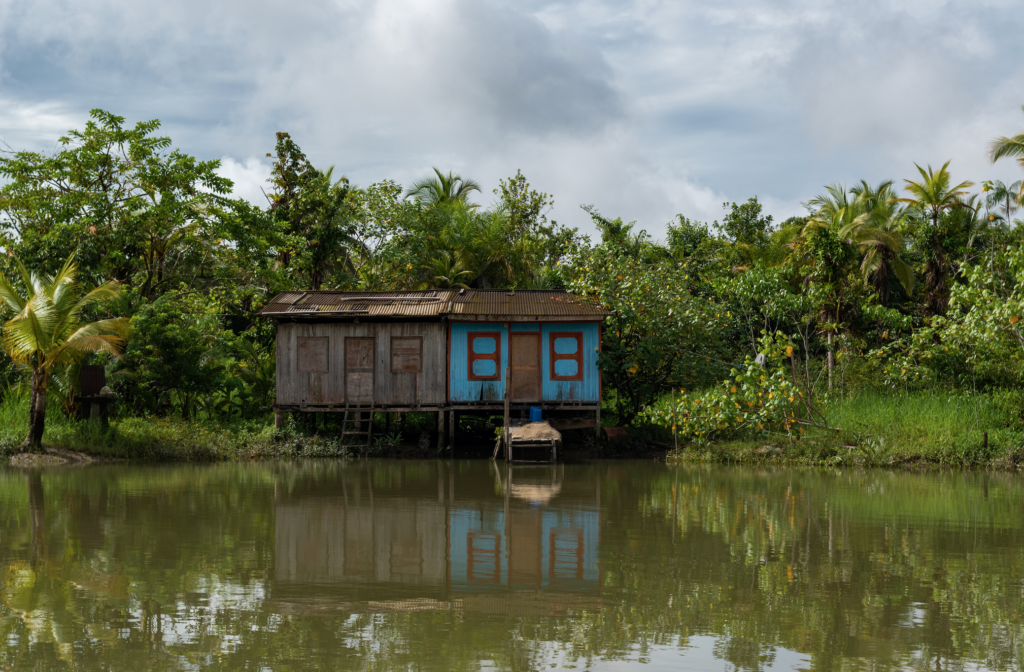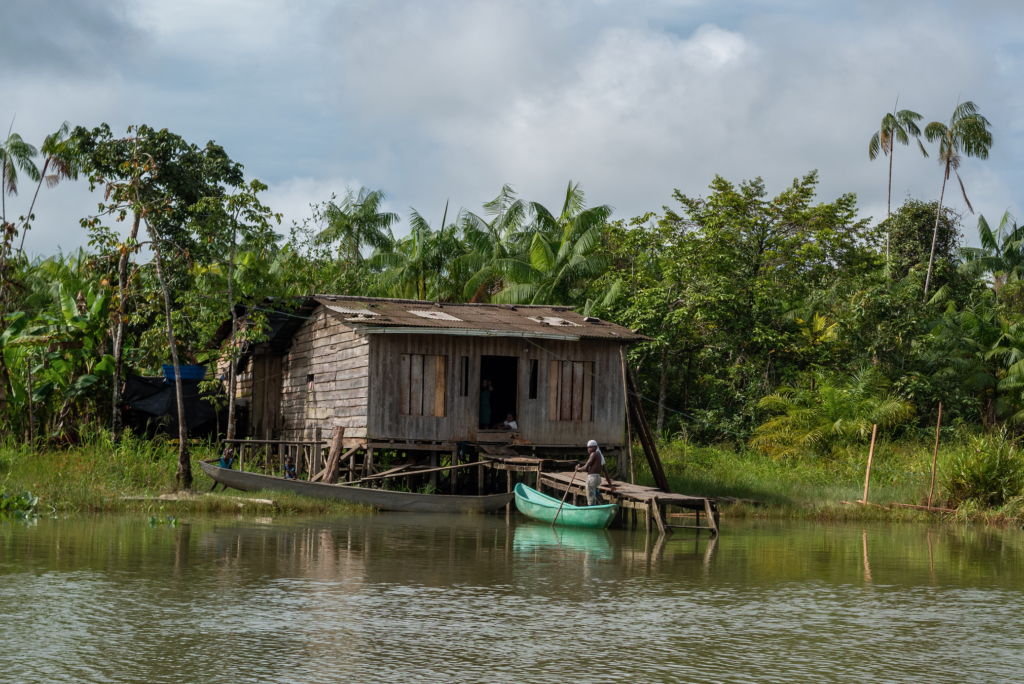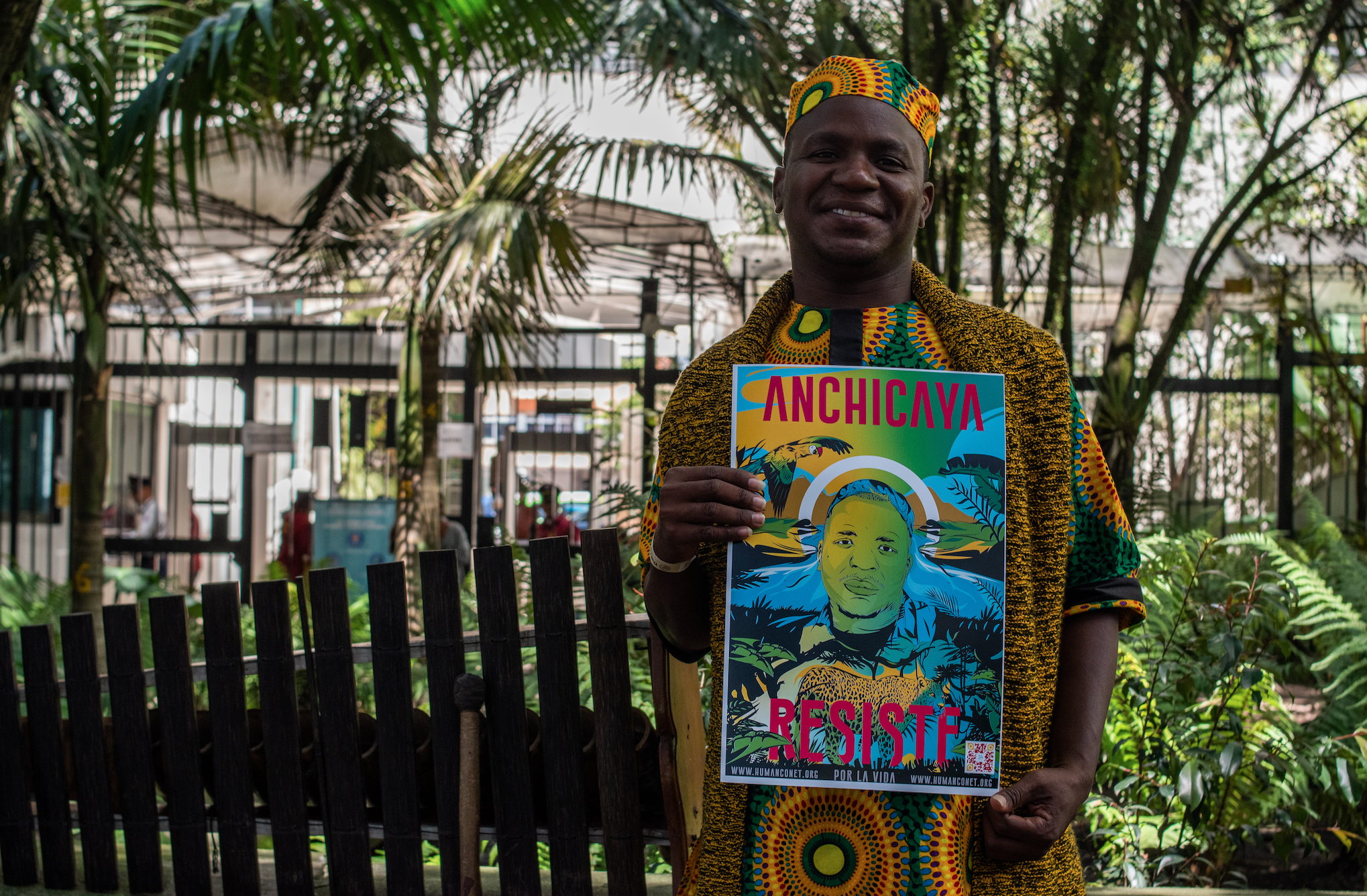After conducting an extensive study, Colombian Constitutional Court ruled to protect the fundamental rights of Anchichayá Dam affected communties Final judgment will be released no later than September 2023.
FOR IMMEDIATE RELEASE
June 21, 2023
MEDIA CONTACTS:
Silvano Caicedo, President of la Organizacion Etnico-territorial ONUIRA silvanocaicedo1966@outlook.es (Spanish)
Benjamin Mosquera, Consejo Comunitario Mayor of the Anchicayá River, bmr1173@gmail.com (Spanish)
German Ospina, legal representative of the Community Council of the Anchicaya River, germanospinam@gmail.com (Spanish)
Monti Aguirre, International Rivers, monti@internationalrivers.org, +1 707-591-1220 (English and Spanish)
Colombia – Since July 21, 2001, the communities affected by the Anchicayá Dam in Colombia have been tirelessly seeking justice and reparations for the damages caused by Empresa de Energía del Pacífico (EPSA).
On that fateful day, residents woke up to find their villages and the river engulfed in mud. Silvano Caicedo, a representative of the African Colombian Communities of the Anchicayá River, vividly recalls the harrowing experience: “When we tried to navigate the river, it was impossible, it was full of mud. We cut through the mud in the river with the oars.”
EPSA, a company owned by the Spanish Group Fenosa, operated the Anchicayá dam in 2001. EPSA opened the compartments of the dam, and over the period of more than one month, illegally discharged approximately 500,000 m3 of accumulated sediment into the Anchicayá River. The amount discharged into the river represented the entirety of approximately 40 years of accumulated sediment. The discharge caused grave environmental damage to the river and surrounding environment, which resulted in a substantial fish kill and impact on the river’s water quality, as well as that of the mangroves and farmlands.
Over the past 22 years, the 20-plus affected communities, along with their lawyer Germán Ospina, have navigated the intricacies of the justice system fighting for the protection of their fundamental right to health, sanitation, social, cultural, environmental, and economic rights and a dignified life. Now, their long wait for resolution may finally be nearing an end.
Earlier this month, the Colombian Constitutional Court ruled in favor of protecting the fundamental rights of the Anchicayá communities as expressed in the Court’s communique. The final judgment will be released no later than September 2023.
“We welcome with joy the Constitutional Court’s decision to acknowledge a systematic breach of the compliance of dam owners and government agencies obligations as the cause of the 2001 disaster, as well as the violations of the fundamental rights to a healthy environment, water, work and food,” says Germán Ospina, the attorney representing the communities. “The Court’s decision gives us hope and confidence in justice.”
The Court ordered the company to urgently conduct a comprehensive analysis of the dam’s stability, clogging, reservoir lifespan, and potential risks to the fauna and flora. Moreover, the Court highlighted the urgent need to address the uncertainty surrounding the water quality in the river.
In a summarized version the Court identified the following violations of fundamental rights:
a) Violation of the right to a healthy environment: EPSA’s persistent non-compliance with various components of the Environmental Management Plan raises concerns about the operation, maintenance, and overall lifespan of the hydroelectric plant. The precautionary principle must be applied to address this uncertainty.
b) Violation of the right to water: The current state of the Anchicayá River’s aquatic ecosystem, which is vital for the communities’ water supply, remains unknown.
c) Violation of the right to work and food: Several factors, including the lack of hydrobiological information and non-compliance with agreements on strengthening traditional agricultural and fishing practices, have negatively impacted fishing and agricultural activities. The commitments of the Environmental Management Plan regarding job creation and skills training have also been inadequately fulfilled.
d) Violation of the right to differentiated treatment as an Afro-descendant ethnic group: The breach of prior consultation agreements and the adverse effects on the environment, water, work, and food have negatively affected the biocultural rights of the black communities of the Anchicayá River, hindering their ability to inhabit the territory and preserve their customs and traditions.
Furthermore, the Constitutional Court’s Full Chamber identified a systematic deficit in the information provided by CELSIA, the company now responsible for the dam. As a result, there is a lack of certainty whether the current conditions, stability, and useful lifespan of the reservoir and dam, which was completed in 1974, potentially exposed the communities to serious and irreversible dangers similar to those faced in 2001.
To the international community, the decision by the Colombian court can represent important progress for environmental restoration and the fundamental right to water. This case has progressed towards justice, thanks to the work of Earth Law Center, Lawyers without Borders-Canada, the Réseau International des Droits Humains and many other organizations who have been supporting these communities.
“The successes achieved by communities like those in the Anchicayá River basin serve as powerful reminders of the potential for positive change through collective action and advocacy. They inspire us to continue working towards a world where environmental protection and community rights are prioritized and upheld,” said Monti Aguirre of NGO International Rivers. “We are still awaiting the release of the full ruling and are hoping that besides acknowledging the fundamental rights of the community, the Court grants the rights of the Anchicayá River as has been petitioned by the community.” Aguirre is the Latin America Program Director for International Rivers, a global organization that has worked for more than 35 years protecting rivers and the communities that depend on them. This court decision is a historic and positive step forward for justice and recognition of the community’s rights.
###
